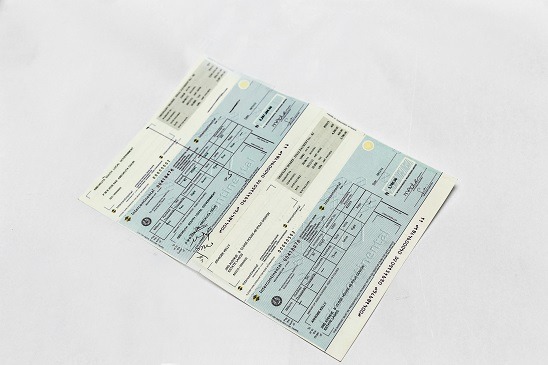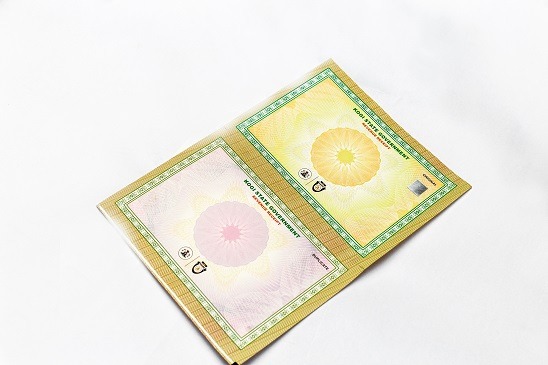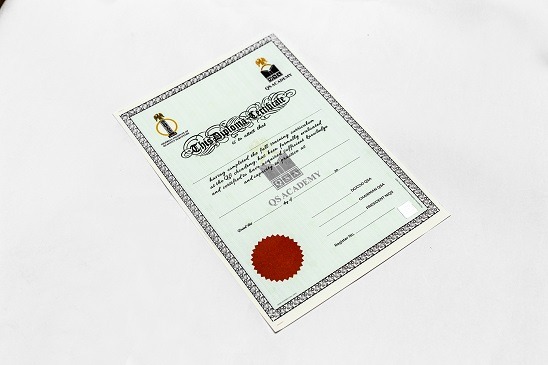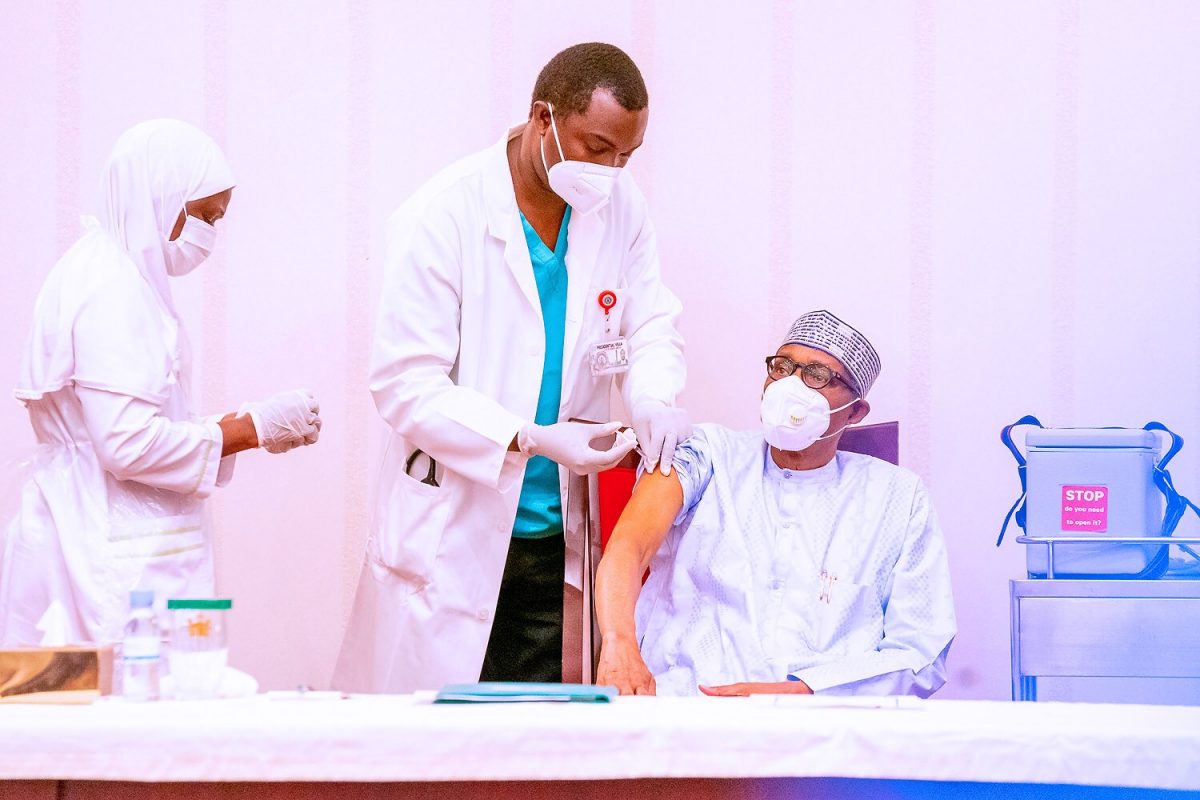The world was slowly getting back to business, after the usual festivities that signified the end of a year and the herald of a new one. What made this a bit different was the fact that the year was one that we had all looked forward to for a long time. Yes, the chorus of vision 2020, and the Millennium Development Goals had been sung ever so often.
As usual, plans, resolutions, vision boards were on the lips of everyone, as most people set their goals for the year. Of course, these consisted of career, academic, fitness and religious goals.
In the wake of these activities, news started filtering in that a new virus had sprung up from Wuhan- China named Covid-19. Most of us, from this part of the world, followed the news a bit dispassionately, I must admit.
It really felt like a virus was plaguing a nation so far away from ours. So, while we felt disturbed as the number of cases and fatalities rose, it was with cognitive empathy as we carried on with our flurry of daily duties.
Slowly but surely, the spread began, and the first case on the African continent, was recorded in Egypt on the 14th of February 2020. Reality was slowly setting in, but so far, it seemed like the Sub-Saharan region was safe. Oh, many theories emerged as to the possible reasons we were “spared”. Some said it was due to the genetic composition of the black race, others praised the humidity of the region. For the first time, we smiled at the sun, as it sunk its fangs into our skins. Wiping the trickles of sweat from the heat of the sun offered a strong measure of comfort to many; however, no scientific theory backed all the claims.
Exactly two weeks later, after the first case in Egypt, we woke up to the news that Lagos, the commercial hub of Nigeria, had recorded the incident case of covid-19 in Nigeria.
We were restless; we tried to wish the ill report away. Alas! It was true, the official report was made. Questions sprung up from every quarter “who is the patient? Where did he come from? How long did it take before he was diagnosed? How much contact did he have with people?”
The panic started. Many ran to the shops to buy more than enough supply of protective equipment. The inflation in the prices of surgical nose masks and hand sanitizers soared to over 1000% of the initial price, while scarcity of the items became the order of the day.
The coping mechanism of many differed. For some, it was goodbye to the “outside world”, as they locked themselves in to avoid contracting the virus; others literally soaked themselves with the different updates coming from most parts of the world. For others, it was best to live in denial, and the best way to do that was to believe the Government was up to no good, as they continually insisted on seeing the picture of the first patient and for his contact details to be released.
All in all, the countdown began. We had fourteen days to know the impact of the spread from the incident case. With our hearts in our mouth, we held our breaths and waited. On the 9th of March 2020, a contact of the first patient tested positive. This brought the total number of cases in Nigeria to two.
To many, this wasn’t bad, and after 14 days, we felt the battle was over. We patted our backs and reminded ourselves of how we beat the dreaded Ebola virus and surpassed the expectations of even the western community.
However, the feeling of victory was short lived as the numbers started increasing, albeit, in arithmetic progression at first. Then, different countries, adopted the lock down measure, but we felt this was an impossible task, considering the peculiar challenges that plague us as a nation, where most of the citizenry fend for themselves on a daily basis.
To our astonishment, the President compared the economic and health needs of the nation and rightly decided that the latter was of utmost priority. He then issued the order, locking down the Nation’s capital and the commercial hub while also banning interstate travel and shutting the borders and air space. All forms of religious and entertainment houses were also shut down.
It felt surreal indeed. More like an apocalypse! Lockdown? How? A state like Lagos that never sleeps? Panic buying set in, and for those with no requisite funds, they could only panic. How would we cope? How would we survive? Would the Government provide necessary palliative? Would the virus spread and overwhelm the health system? Would we start counting fatal cases in hundreds and thousands, like other countries?
Organisations were not spared. Some had no business continuity plans; many were ill prepared and failed to keep up with technology, by providing the necessary wherewithal for staff to work remotely.
The numbers of cases went on an upward spiral, and in a few weeks, we were counting the hitherto total number of cases in a week, in a single day.
As the economic demands of the nation became palpable, the Government was forced to rescind the lockdown order, not because the effects of the virus had waned, neither had the curve flattened. They believed that with the necessary measures in place, we would be able to cope. This was simply leaving the fate of the citizens in our hands.
Some believed the numbers of cases were inflated; others believed there were political interests at play with some people benefitting from the alleged “covid-scam”
With over 24,000 cases and 558 deaths, there is no denying the fact, that there is a community spread of this virus. The saying that “nobody knows anybody that has the virus” has been done away with, as almost everyone has suffered from this virus, either directly or indirectly.
As reports emerge that we may have to live with this for a while until a cure or vaccine is found, we owe each other a grave sense of responsibility to keep safe. We should also watch out for those more susceptible to the effects of the virus, either due to age or other co-morbidities.
We must fight together. We must fight for our mental health; we should not allow the virus make us renege on our goals and plans. We should embrace the new normal and realise that life is not on hold for any reason.
We must ensure that when we are counting our achievements for the year, it would not be that we only washed our hands and wore nose masks through the year. However, if we do all we can do and we are still unable to meet up with our goals; we should understand that the most important achievement in 2020 is that we ended the year alive.
That is a great feat in itself!








